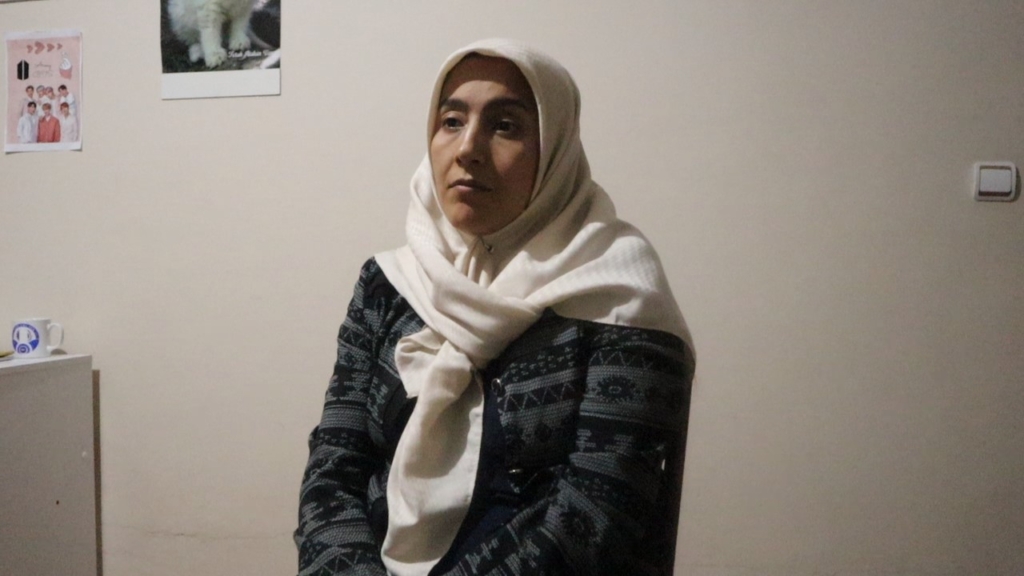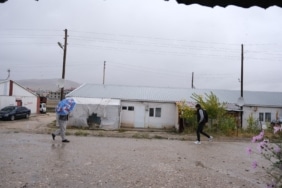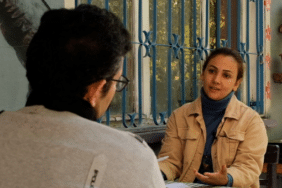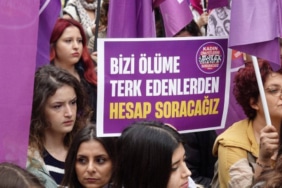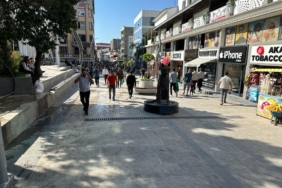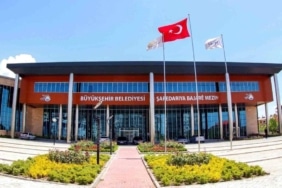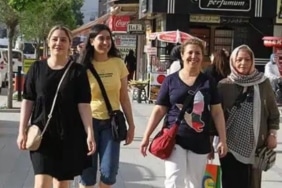After the Taliban took control of Afghanistan, in 2021, large numbers of Afghans migrated to the border city of Van via Iran. Zeynep Muhammedi, one of the immigrants, underlines that women are not valued in Afghanistan and that they face many difficulties after being forced to migrate.
Afghanistan saw a massive exodus from the country last year, when the Taliban took control. After the Taliban came to power in Afghanistan, many prohibitions and restrictions were implemented. These bans have reached a level that threatens the life safety of the people living in Afghanistan. After the bans, many people, especially artists and journalists, had to flee Afghanistan and migrate to different countries. These countries include Pakistan, Iran and Turkey. According to the United Nations (UN), there are approximately 185,000 Afghan immigrants in Turkey, mostly from Van.
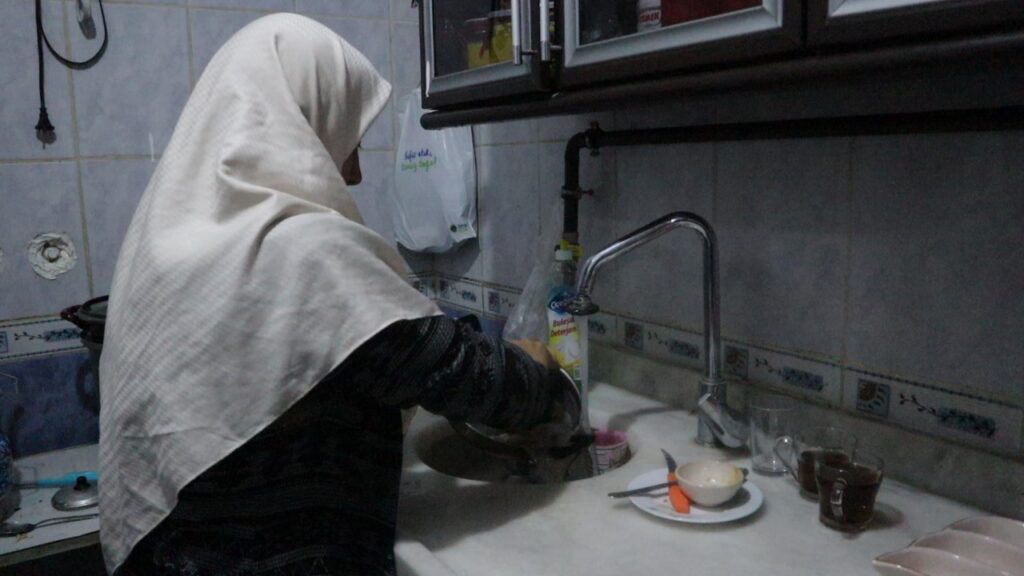
Afghans continue to face all kinds of difficulties after fleeing the Taliban. The border marches, which lasted for months, are just one of these difficulties. One of the problems they face with human smugglers in order to cross the border is the safety of life. Your immigration reality reveals the fact that their money is confiscated while crossing the border, women are harassed and raped, and they are abandoned on the road at night. Zeynep Muhammedi, who emigrated from Afghanistan on their long and difficult journey, describes this process as “It was a very, very difficult journey that took many nights”.
‘My wife was threatened’
Zeynep Muhammedi, a preschool teacher herself, is forced to immigrate from Kabul, Afghanistan, after her husband, the director, is threatened by the Taliban. The Taliban do not want her husband to make a program for the television he works on, on the grounds that he receives funds from Germany. When threatened, they come illegally from Afghanistan to Iran and then to Van. After staying in Iran for about three months, the Muhammadi family comes to Van after making a deal with human smugglers for a certain fee.

Zeynep Muhammedi, who has been living in Van for about a year, is 37 years old. She was able to obtain a residence permit with his wife and four daughters. their daughters; Meryem, Zehra, Elham and Münire could not go to school for a long time because their residence permit could not be obtained. This situation greatly upset both the children and Muhammedi. She says that his children who started school after getting a residence permit two months ago are doing better.
‘We lived in secret for a year’
Beginning to tell about their months-long journey, Muhammedi begins by taking a deep breath: “After the Taliban took over the country, we fled. After leaving Afghanistan, we stayed in Iran for three months. Afterwards, we made a deal with human smugglers in exchange for money and came to Van. Of course, we went to Tehran first and then to Urmia. Then we came to Van. We had a hard time crossing the border. We walked all night long. In Çaldıran, the soldiers treated us very badly.”
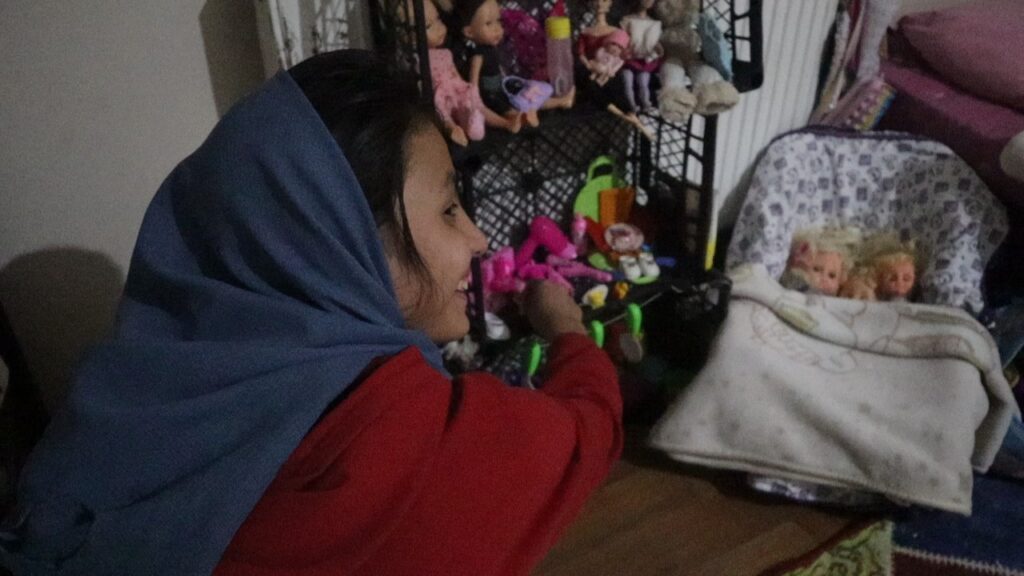
“When we first came to Van, we were very lonely. We stayed away from all our relatives. We miss them so much,” says Muhammedi sadly. She says that they were able to get an ID 9 months later, and that their children could not go to school during this period, and that she and her husband could not work. “We lived in secret for a year,” says Muhammedi, adding that when they got a temporary ID at the end of a year, they bought a house and sent their children to school. Muhammedi also states that both her husband and she started the business. Stating that she works part-time at the Disabled People’s Association in Van, Muhammedi said, “I am paid a thousand TL. I consider myself lucky that I am not unemployed.”
‘Women are not valued in Afghanistan’
Noting that women are not valued in Afghanistan, Muhammedi says, “Women are only looked at with the eye of children who do housework.” She says that she faced all kinds of difficulties while teaching, and that she was forced to quit her job by the Taliban. She says the Taliban have imposed women to be at home rather than on the street or at work. Stating that women’s place is everywhere, not at home, Muhammedi adds, “I believe that women can do anything.”
Finally, Muhammedi says that she misses his relatives and friends very much and describes her feelings of loneliness as follows: “We have no one here. I don’t know the language here so I can’t communicate with people. My children also miss our relatives. They are lonely. It is very, very difficult for us. The people here are good people. But there are both good and bad people everywhere. For example, the soldiers at the border treated us very badly. But the people here are good.”
Serhat News
Translator : Akif Coşkun

